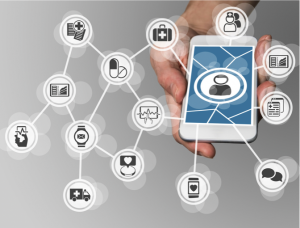The Office of Healthcare Compliance is excited to welcome Bridget Richard as our newest team member. Bridget has joined our team in the role of Administrative Officer. Bridget’s primary responsibilities will include managing the departments’ budget, the administrative functions of the institutions monthly Exclusions Checking Program and managing program data. Bridget will also be supporting the Healthcare Privacy Office.
Prior to joining the office, Bridget worked for the Department of Orthopedic Surgery where she was responsible for coordinating and overseeing the Orthopedic Surgery Residency Program.
Bridget holds a Bachelors of Arts from Assumption College where she majored in English with a concentration in Mass Communication and Writing.


